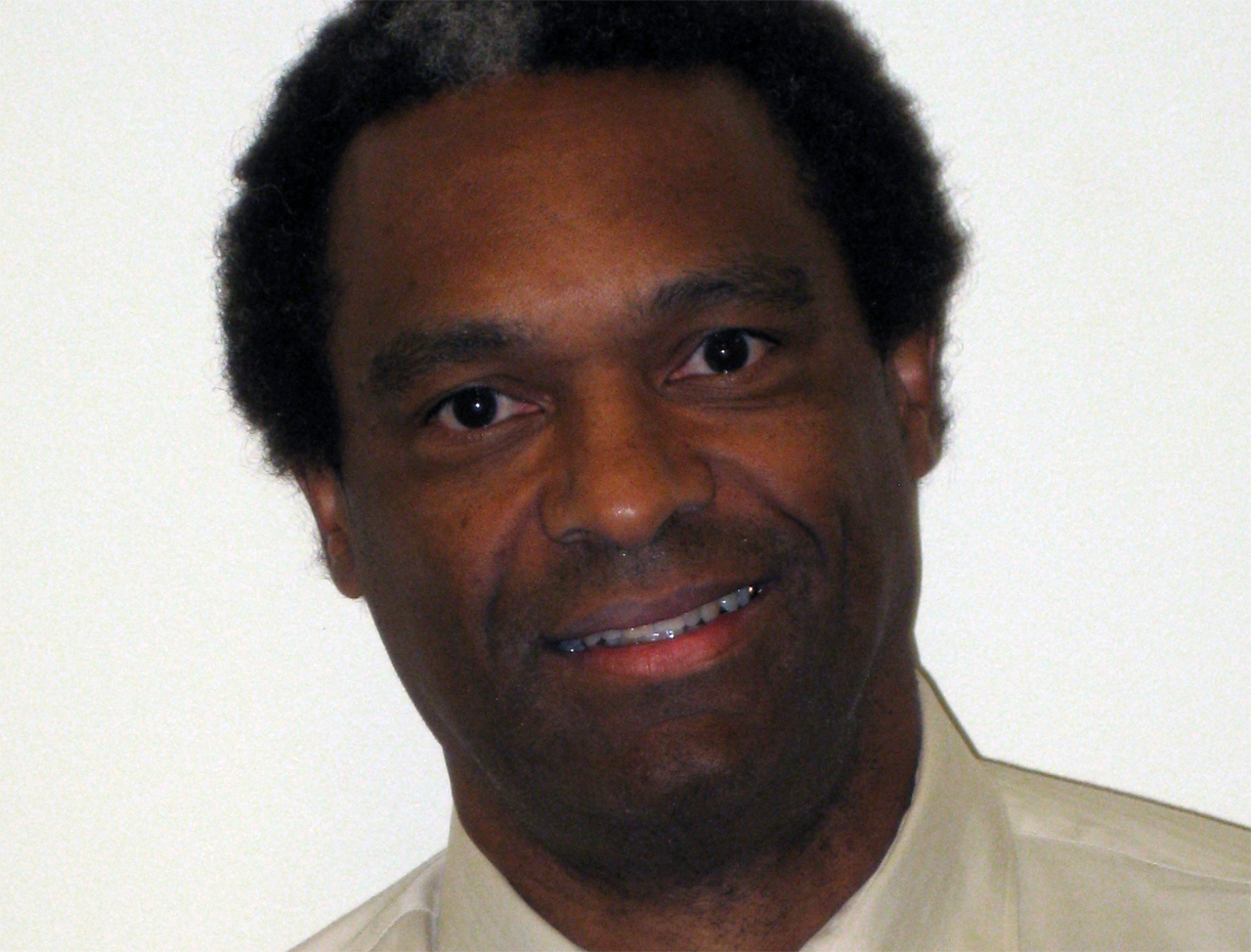Illinois State University’s Assistant Professor of Communication Sciences and Disorders Antony Joseph is part of a team that recently received nearly $1.2 million in grants from the U.S. Department of Defense (DoD) to study the long-term impact of blast-related injuries on soldiers, sailors, and Marines.
A retired commander in the U.S. Navy and an audiologist, Joseph has worked for years on the problems associated with hearing loss connected with explosions. “Blasts have a different noise signature that brings about a potentially different type of hearing loss,” said Joseph, who joined the faculty at Illinois State in 2014, after he retired from the Navy. “Our team explores and identifies whether the hearing loss in a blast looks different than a hearing loss caused by common, industrial noises.”
Joseph continues to work closely with the Naval Health Research Center (NHRC), which will oversee the grants. Joseph’s role is to analyze the enormous data set known as the BRAID (blast-related auditory injury database), which gathers information from nearly 17,000 Navy and Marine personnel with hearing loss due to explosions.
“We want to know what makes these injuries different, and what people might be facing on the road to recovery.”
“Most of the research on blast-related hearing loss represents civilians,” said Joseph, pointing to studies done after events such as the Oklahoma City or Boston Marathon bombings. “These investigations include individuals of all ages, which is not representative of the combat-military population. So we wanted a database that might explain what is happening to our blast-injured deployers who have been exposed to IEDs, mortars, and other explosives.” The work of the BRAID is part of a larger database called Expeditionary Medical Encounter Database (EMED), located at the NHRC.
The team, made up of Joseph and NHRC scientists, received two grants. One, funded for $220,000 through the Joint Program Committee, will be used to explore whether auditory injuries can be a predictor for other combat-related injuries, such as post-traumatic stress disorder (PTSD), traumatic brain injury, or depression. The second grant, a three-year study funded through the Congressionally Directed Medical Research Program for $967,000, will examine how pre-existing hearing problems impact the extent of injury and recovery process for soldiers and sailors. This grant will enable BRAID researchers to integrate Army audiometric data as well. “We hope to join forces with the DoD Hearing Center for Excellence, and grow the database with more than 20,000 blast-injured deployers from the Army,” said Joseph.
The long-term goal of the grants is to gain a better understanding of how to diagnose and treat blast-related hearing loss for the military. “We want to know what makes these injuries different, and what people might be facing on the road to recovery,” said Joseph.
Joseph can be reached at (309) 438-7061, or arjoseph@ilstu.edu.


